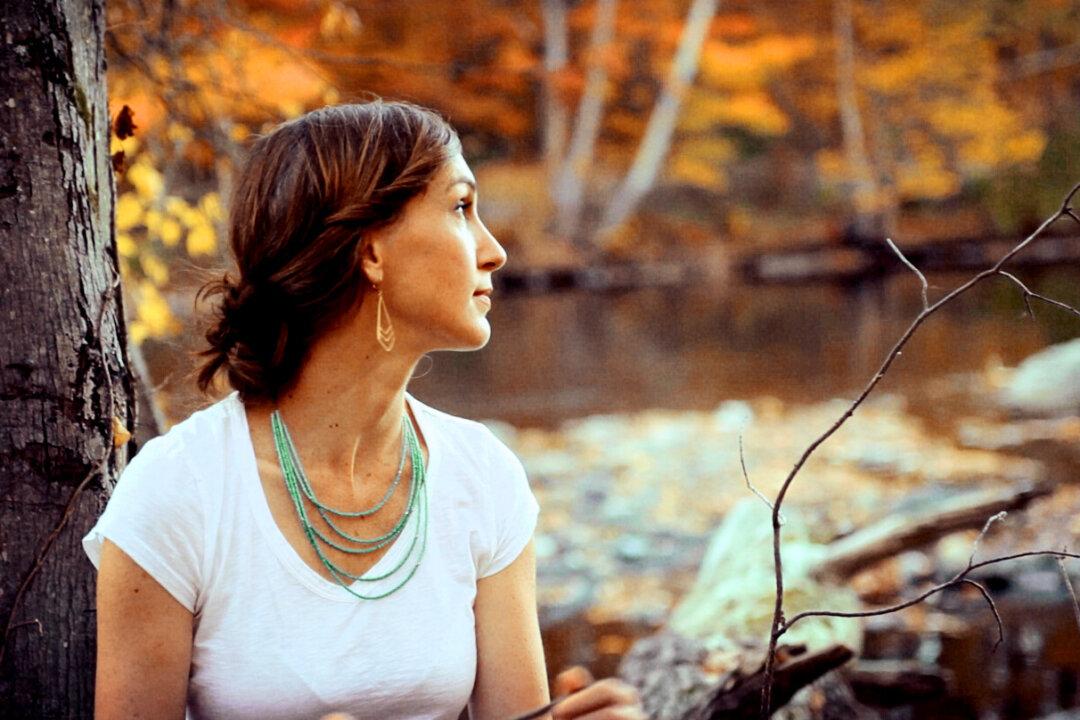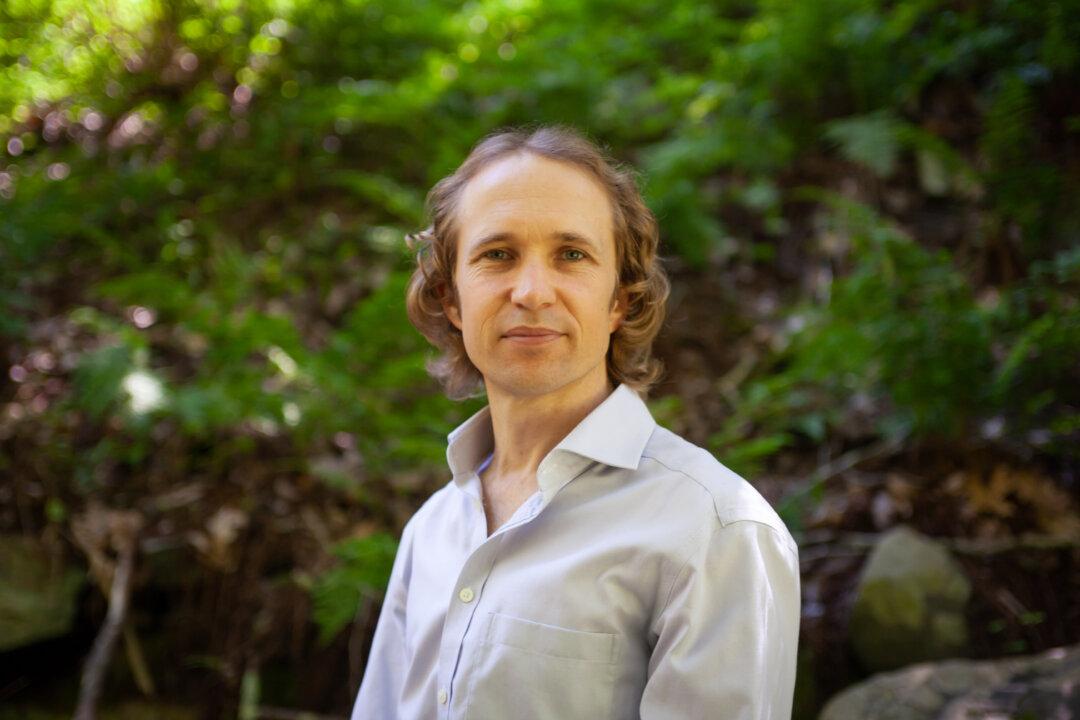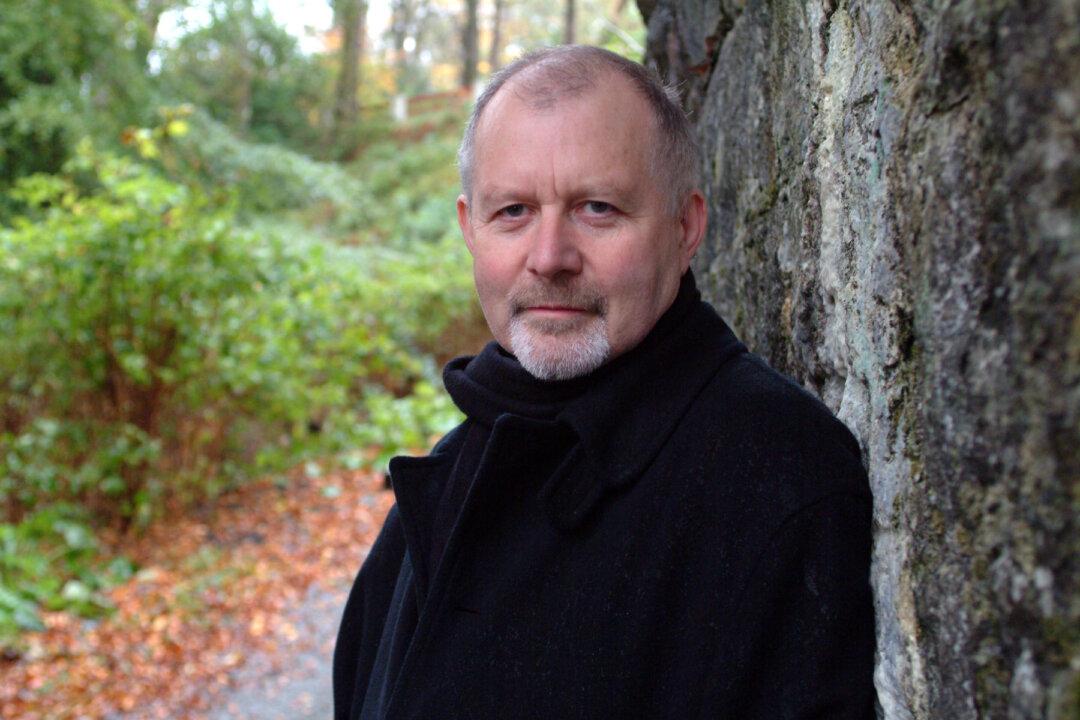MOUNT HOPE, New York—Katy Mantyk is a special soul.
The first time I heard her play was at Foundry42, a coffee bar a couple hours from New York City. She played an acoustic version of “Search No More,” which became her first international single, released just a week ago.





